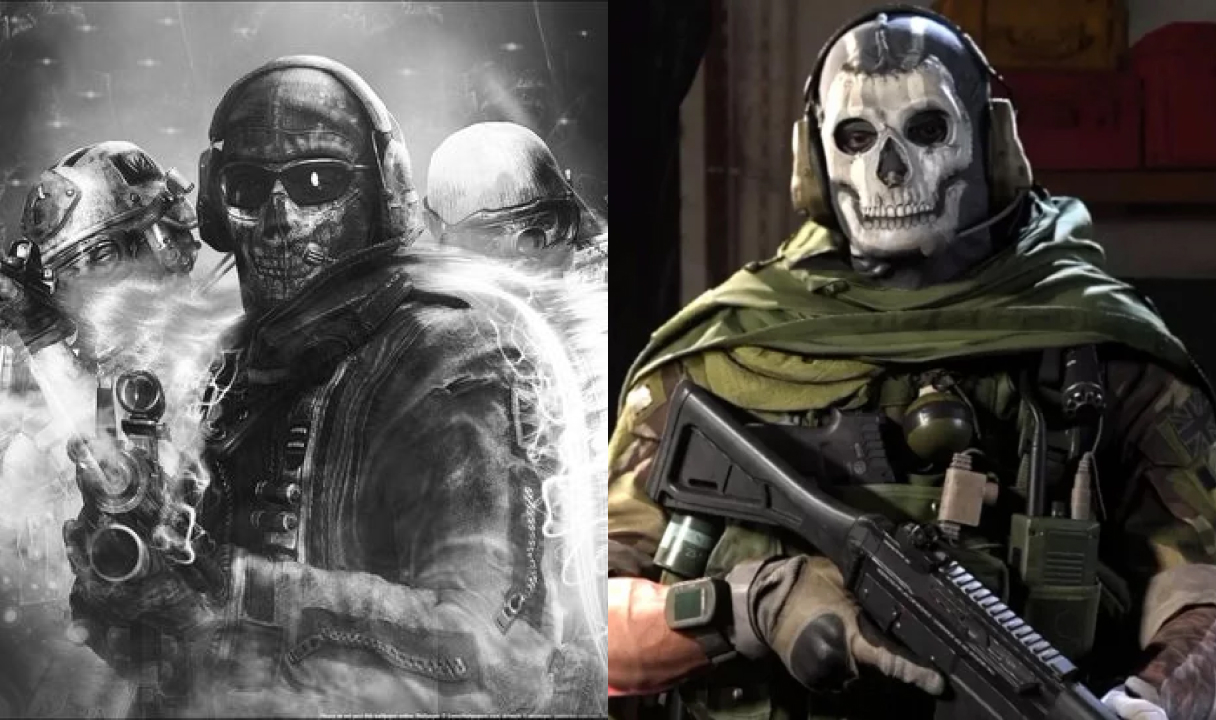The gaming computer market has exploded in recent years, catering to an ever-growing audience of gamers seeking immersive experiences and cutting-edge technology.
Understanding the differences between budget and high-end options is crucial for making informed purchasing decisions.
This guide will delve into the defining features of gaming computers, their associated costs, and help you determine which route aligns best with your gaming needs.
Table of Contents
ToggleWhat Defines a Gaming Computer?
At the heart of every gaming computer are key components that dictate its performance and overall experience.
Processor (CPU)
The CPU is the brain of your computer, processing all the commands that come from the system. For gaming, look for multi-core processors that deliver higher speeds.
Graphics Card (GPU)
Often regarded as the most critical component for gaming, the GPU renders images, allowing for detailed textures and smooth gameplay. High-end GPUs can significantly enhance graphical fidelity.
RAM
Adequate RAM ensures smooth multitasking and seamless gameplay. For modern gaming, 16 GB is typically recommended, although high-end setups may require more.
Storage Solutions
The choice between SSD and HDD can impact load times. SSDs provide quicker access and significantly faster boot times, making them ideal for gaming.
Role of Peripherals
Don’t underestimate the importance of peripherals like monitors, keyboards, and mice. They play a major role in shaping your overall gaming experience.
High-End Gaming Computers: Features and Costs
Defining Characteristics of High-End PCs
High-end gaming PCs are characterised by top-tier components, advanced cooling systems, and often customised aesthetics that appeal to discerning gamers. They are designed to deliver peak performance, allowing for high frame rates and resolutions across demanding titles.
Estimated Costs
When building a high-end gaming computer, expect to allocate a substantial budget. Here’s a breakdown of common costs:
- CPU: $300 – $700
- GPU: $500 – $1,500
- RAM: $80 – $300
- Storage (SSD): $100 – $250
Example builds can run anywhere from $1,500 to over $3,000, depending on the specifications and additional features like RGB lighting.
Budget Gaming Computers: Features and Costs
What to Expect from a Budget PC
Budget gaming PCs typically come with compromised performance and aesthetics. However, with careful selection of components, it’s possible to achieve satisfactory gaming performance.
Estimated Costs
Entry-level builds average around $500 to $1,000. Here’s a glimpse of what such a build may include:
- CPU: $100 – $200
- GPU: $150 – $300
- RAM: $40 – $100
- Storage (HDD): $50 – $100
Despite the budget constraints, it’s important to prioritise a good GPU and enough RAM to ensure a decent gameplay experience.
Comparing High-End vs. Budget Gaming Computers
Performance Analysis
High-end systems excel in providing high frame rates at maximum settings, often supporting 4K resolutions. On the contrary, budget systems might struggle with modern titles, especially at higher graphics settings, leading to a reduced overall experience.
Value for Money
When calculating cost per frame, high-end gaming computers may provide a more efficient investment in the long run, especially for serious gamers who frequently update their games.
Gaming Peripherals: An Essential Consideration
Investing in quality gaming peripherals can greatly enhance gameplay. A high-performance mouse and keyboard can improve responsiveness, while a good monitor with high refresh rates can dramatically alter your gaming experience.
Mouse and Keyboards
When considering peripherals, look at features like programmable keys, sensitivity, and ergonomics. Prices can range from $30 for basic options to over $200 for high-end models.
Monitors
Resolution and refresh rate are critical considerations in monitor selection. High-end monitors may offer 144Hz refresh rates and 4K resolution, whereas budget monitors could be limited to 60Hz and lower resolutions.
Conclusion
In conclusion, choosing between high-end and budget gaming computers requires careful evaluation of your gaming needs and financial situation.
High-end systems promise superior performance and longevity, whereas budget options can still offer good experiences for casual gamers.
Whichever route you choose, understanding the components and their implications on performance will lead to a rewarding gaming experience.
FAQs
How much should I spend on a gaming computer?
Your budget should reflect your gaming needs; casual gamers may spend around $500, while serious gamers should consider a budget of $1,000 or more.
Are budget gaming PCs worth it?
Yes, they can provide good performance for casual gaming but may require compromise on graphics quality and performance in newer titles.
What are the best high-end components for gaming?
Look for recent CPU and GPU models from industry leaders like Intel, AMD, or NVIDIA, along with high-speed RAM and fast SSD storage.
Can I upgrade a budget gaming PC to high-end later?
Yes, many components can be upgraded. Starting with a solid foundation can allow for incremental upgrades to achieve a high-end setup over time.









